AI data analysis tools are transforming how individuals and businesses interpret information, helping users move from raw data to meaningful insights with speed and precision. By combining automation, natural language querying, and machine learning-powered recommendations, these tools make it easier to uncover trends, forecast outcomes, and create compelling visualizations—often without needing advanced programming skills. Whether you're analyzing spreadsheets, querying databases, or working with cloud-based datasets, modern AI-assisted platforms can accelerate workflows and reduce the time between “question” and “answer.” They’re especially useful for marketers, analysts, educators, founders, and operators who want to harness data without the steep learning curve of traditional analytics stacks. In this guide, we compare the best AI tools for data analysis, highlighting options for different budgets and use cases. From automated chart generation and KPI monitoring to conversational insights and intelligent summaries, these solutions offer a practical edge in today’s data-driven landscape. Explore our top picks below to find the right platform for your analytical needs—whether you're building executive dashboards, tracking KPIs, producing client reports, or just getting started with AI-driven insights.
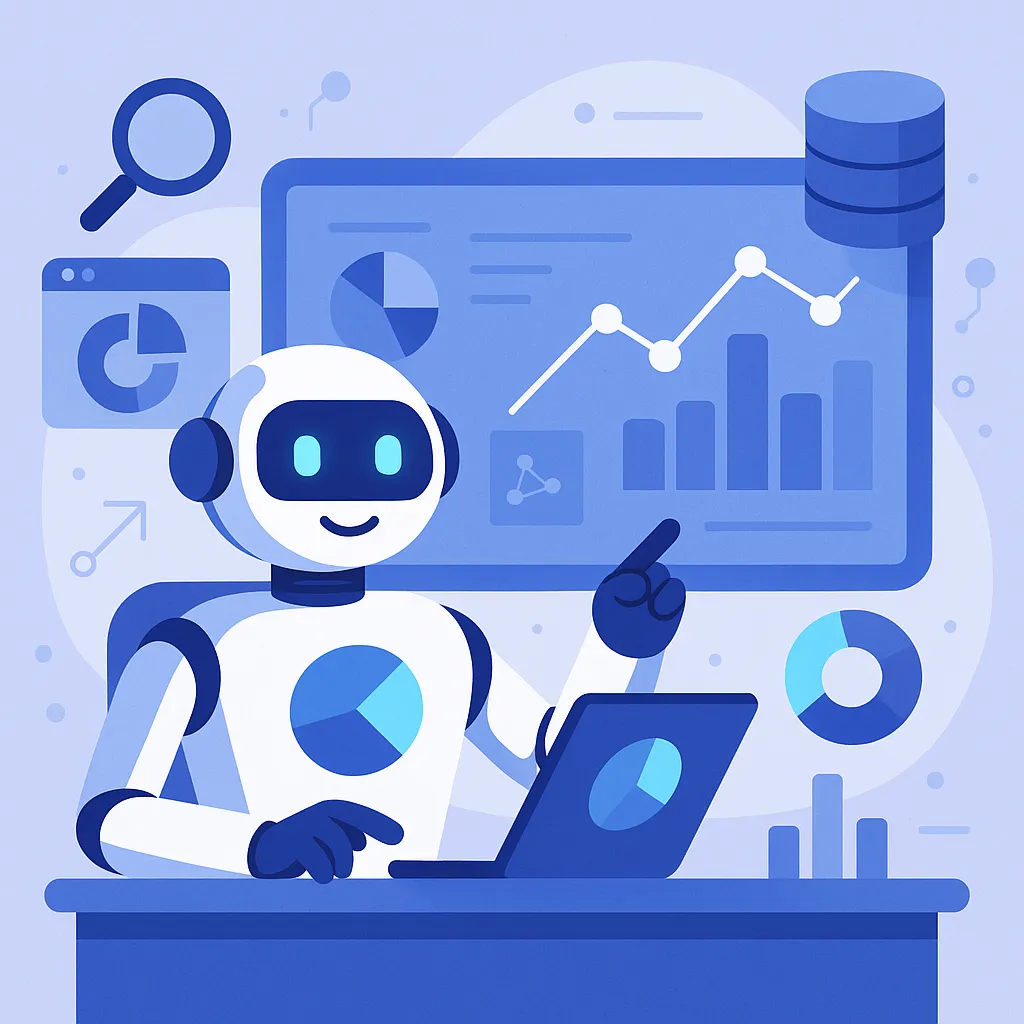
Best Paid AI Data Analysis Tools
| Rank | Tool | Strength | Price | Limits |
|---|---|---|---|---|
| #1 | Power BI + Copilot | AI-assisted dashboards, summaries, and report building | From $10/user/month (Pro) | Copilot features depend on licensing/tenant settings |
| #2 | Tableau + Tableau Pulse | Enterprise visualization with AI-driven insights and KPI explanations | From $75/user/month (Creator) | Role-based seats; governance varies by edition |
| #3 | ThoughtSpot | Search-and-ask analytics with AI agent style querying | From $25/user/month (annual) | AI query limits may apply by plan |
| #4 | Google Looker + Gemini | Semantic BI with conversational analytics on governed data | Enterprise pricing | Implementation/admin overhead; usage-based AI may apply |
| #5 | Qlik Cloud Analytics | Augmented analytics with guided insights and forecasting | From $2,750/month (annual) | Capacity/licensing can be complex at scale |
Power BI + Copilot
Power BI remains one of the most practical choices for AI-assisted business intelligence in 2026, especially for teams already living in Excel and Microsoft 365. With Copilot-enabled experiences (where available), users can generate report pages, summarize key drivers, and speed up common tasks like building measures, shaping visuals, or turning raw tables into stakeholder-ready dashboards. Even beyond Copilot, Power BI’s natural language and automated insight features help non-technical users explore data without writing queries from scratch. It’s a strong fit for KPI reporting, marketing analytics, finance dashboards, and cross-team performance tracking because it connects to hundreds of data sources and supports secure sharing through workspaces. For organizations that want a scalable BI layer with modern AI assistance—without abandoning the Microsoft ecosystem—Power BI is often the best balance of capability, adoption, and long-term maintainability.
Tableau + Tableau Pulse
Tableau is a leader in data visualization and interactive analytics, and its newer AI-focused experiences (including Tableau Pulse) push it further toward “insights in the flow of work.” Instead of only building dashboards and hoping people check them, Pulse is designed to surface relevant KPIs and explain changes with contextual narratives—helping users understand not just what changed, but why it likely changed. Tableau also excels when you need polished storytelling, complex visual exploration, and strong data source flexibility across on-prem and cloud environments. For enterprises, it’s frequently chosen for executive reporting, product analytics, operations dashboards, and cross-department BI because it can scale to large governed data estates while still being approachable for business teams. If you care about best-in-class visuals, self-serve exploration, and modern AI-driven KPI experiences, Tableau is a top-tier choice.
ThoughtSpot
ThoughtSpot is built for fast, search-driven analytics—making it ideal for teams who want to “ask” their data questions in plain language and get interactive answers back quickly. In 2026, its agent-style experiences and AI-assisted workflows make it especially effective for business users who don’t want to navigate complex dashboards or learn BI tooling conventions. Instead, users can explore data by typing questions, refining results, and drilling into trends while still maintaining governance through semantic modeling and curated datasets. ThoughtSpot is particularly strong for revenue teams, marketing teams, and product stakeholders who need quick answers without waiting for an analyst queue. It’s also a solid option for organizations trying to expand analytics adoption, because the interface emphasizes discovery and iteration rather than static reporting. If your priority is speed-to-insight and broad usability, ThoughtSpot is one of the most effective AI-first BI platforms available.
Google Looker + Gemini
Looker is best known for governed, semantic analytics—meaning it helps organizations define metrics once and reuse them consistently across dashboards, reports, and teams. That makes it a strong fit for companies that care about a single source of truth and want analytics that scale without becoming contradictory. With Gemini-powered capabilities increasingly layered into Google Cloud’s analytics ecosystem, Looker can support more conversational ways to explore data and accelerate analysis workflows while still respecting governance and access controls. This is valuable for companies running on BigQuery or broader Google Cloud stacks, where Looker can sit at the center of a modern data platform and power everything from executive reporting to embedded analytics. If you need strict metric definitions, reliable access control, and scalable enterprise BI—and you want AI assistance without sacrificing governance—Looker is one of the best options for mature data teams.
Qlik Cloud Analytics
Qlik Cloud Analytics is a robust platform for augmented analytics—designed to help users discover patterns they might not think to look for, while still enabling deep exploration when needed. Qlik is often chosen by organizations with multiple data sources and messy real-world datasets because it emphasizes flexible association, interactive exploration, and guided insight. In practice, Qlik can support a wide range of analytical maturity: business teams can use guided experiences and automated suggestions, while advanced users can build complex dashboards and models for more specialized workflows. It’s a strong option for operations, supply chain, finance, and multi-department reporting where you want both flexibility and scalability. If you need a powerful BI platform that blends self-serve exploration with AI-assisted discovery and forecasting—especially across many disparate datasets—Qlik Cloud Analytics is a dependable enterprise-grade choice.
Best Free AI Data Analysis Tools
| Rank | Tool | Strength | Limitations |
|---|---|---|---|
| #1 | Looker Studio (Free) | Free dashboards and reporting with easy sharing | Advanced admin/support requires Pro |
| #2 | Julius AI (Free) | Chat with your data and generate analysis quickly | Monthly credits and compute limits |
| #3 | Power BI Desktop (Free) | Build rich reports locally with strong modeling tools | Sharing/collaboration generally needs paid service |
| #4 | Polymer (Start Free) | Turn spreadsheets into clean dashboards fast | AI chat/automation features limited on free usage |
| #5 | Datasette | Explore and publish datasets (CSV/SQLite) quickly | More technical; best for local/DIY workflows |
Looker Studio (Free)
Looker Studio is one of the best free ways to turn raw data into professional dashboards and reports—especially for marketing, web analytics, and lightweight business reporting. It’s designed for fast visualization: connect a data source, build charts and scorecards, and share reports with stakeholders through links or embedded views. For many users, it replaces the need for paid BI tools when the goal is clear reporting rather than heavy modeling. While it doesn’t feel like a “chat with your database” AI product, it supports modern, guided reporting workflows and integrates cleanly with common data sources, making it a strong foundation for AI-assisted analytics stacks as well. If you want free, dependable reporting that’s easy to share, Looker Studio remains a top pick in 2026.
Julius AI (Free)
Julius AI is one of the most accessible “AI data analyst” tools for beginners and busy professionals. Upload a spreadsheet or dataset, ask questions in plain English, and Julius can generate summaries, analyses, and chart suggestions in seconds—making it great for quick exploratory analysis, one-off reporting, or learning how to interpret data. The free tier is ideal for small projects and basic analysis, and it’s especially useful when you want to move quickly from raw numbers to a narrative you can share. The main tradeoffs are monthly credit limits and constrained compute compared to paid tiers, so very large datasets or heavy iteration may require an upgrade. For students, founders, and marketers who want fast insight without setting up a BI environment, Julius is a standout free option.
Power BI Desktop (Free)
Power BI Desktop is the free, local version of Microsoft’s BI tooling, and it’s surprisingly powerful for building real reports with strong data modeling. You can import spreadsheets and databases, shape data with Power Query, and build interactive visuals that look enterprise-ready—even without paying anything upfront. It’s a great choice for analysts building reports for internal review, consultants preparing client-ready dashboards, or anyone learning BI fundamentals. While Desktop is free, the biggest limitation is collaboration: sharing and governance features generally live in the paid Power BI service. Still, if your goal is to analyze data, model it properly, and produce high-quality reporting output on your machine, Power BI Desktop is one of the strongest free tools available.
Polymer (Start Free)
Polymer is built for people who want dashboards without BI complexity. Instead of spending hours learning modeling concepts and dashboard design patterns, you can upload a spreadsheet (or connect common sources), and Polymer turns it into a clean, interactive dashboard experience with filters, charts, and exploration built in. For freelancers, small businesses, creators, and operators who want quick reporting, it’s a practical option—especially when you need something that looks good and is easy to navigate. Polymer’s “start free” path is useful for testing and lightweight usage, but AI chat/automation and higher-volume features depend on plan limits. If you want a fast, no-code way to present spreadsheet insights in a modern format, Polymer is one of the easiest tools to adopt.
Datasette
Datasette is a lightweight, open-source tool for exploring and publishing structured datasets—particularly CSV and SQLite workflows. It’s ideal for developers, data journalists, researchers, and technical teams who want a simple way to search, filter, and query data without standing up a full BI platform. While Datasette isn’t a glossy AI analytics suite, it pairs well with AI-driven workflows because it makes datasets easy to inspect, share, and validate—especially when you’re doing exploratory analysis or building prototypes. The biggest limitation is that it’s more hands-on than mainstream BI: you’ll get the most value if you’re comfortable with lightweight local setup and structured data formats. For technical users who want a free, flexible way to make datasets usable and discoverable, Datasette remains a strong option.
Rankings
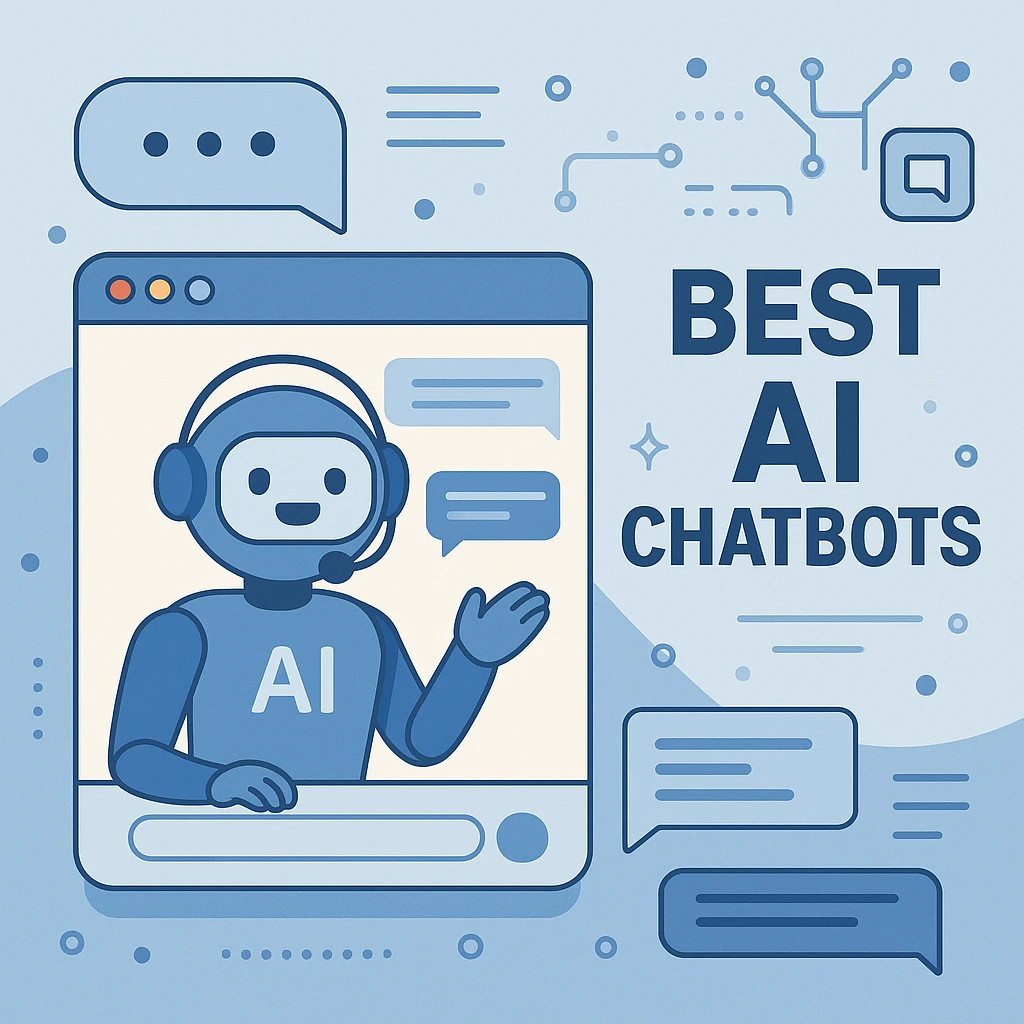
Chatbots
AI chatbots have quickly evolved from simple assistants into powerful, multi-purpose tools used by millions of people every day...

Image Generators
AI image generators are revolutionizing the way creatives, marketers, and developers produce visual content by transforming text prompts into detailed, customized...

Writing Assistants
AI writing assistants have become indispensable tools for anyone who writes — from students and bloggers to business professionals and marketers...
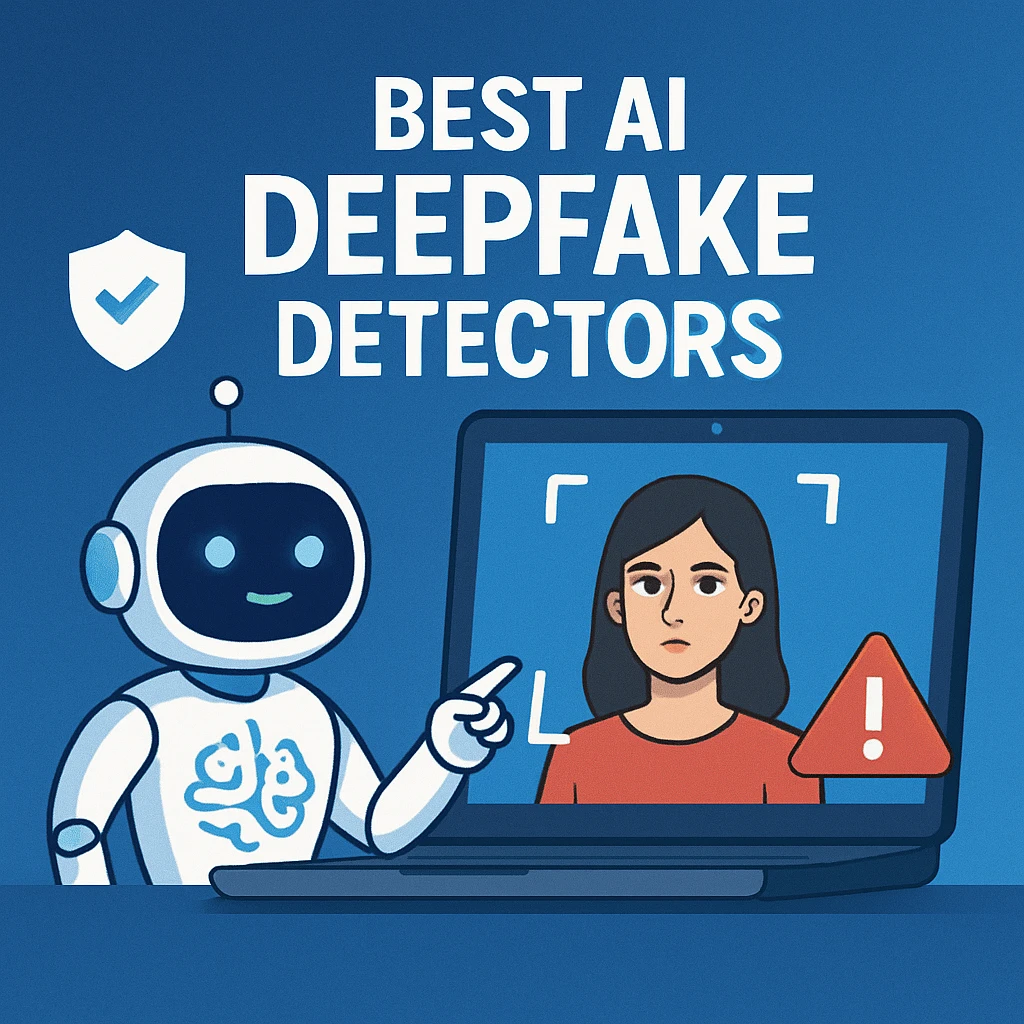
Deepfake Detection
As deepfake technology becomes more advanced and accessible, detecting AI-manipulated content is now a critical challenge across journalism, education, law, and...
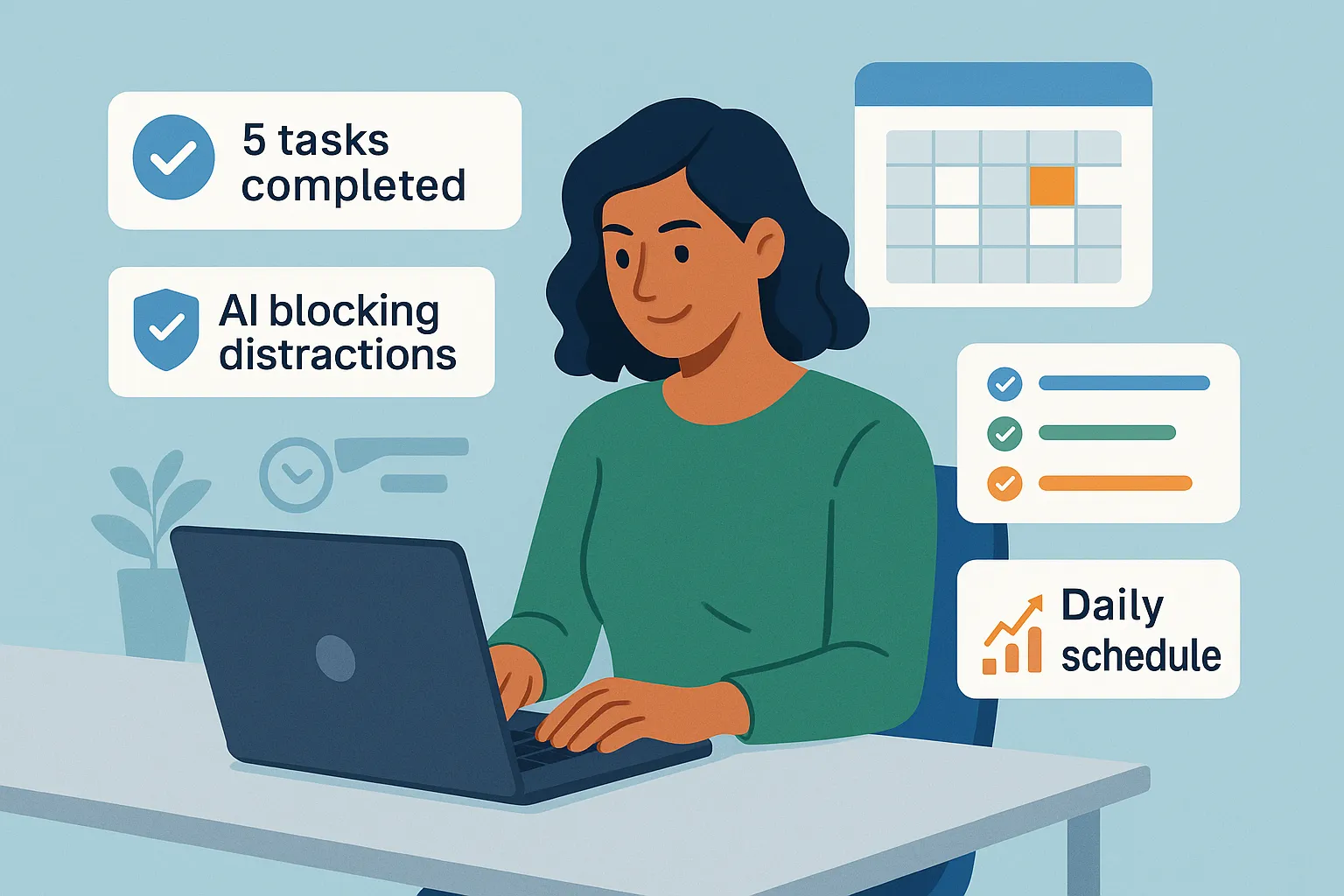
Productivity & Calendar
AI productivity and calendar tools have become essential for professionals, entrepreneurs, and students looking to make the most of their time without getting overwhelmed...
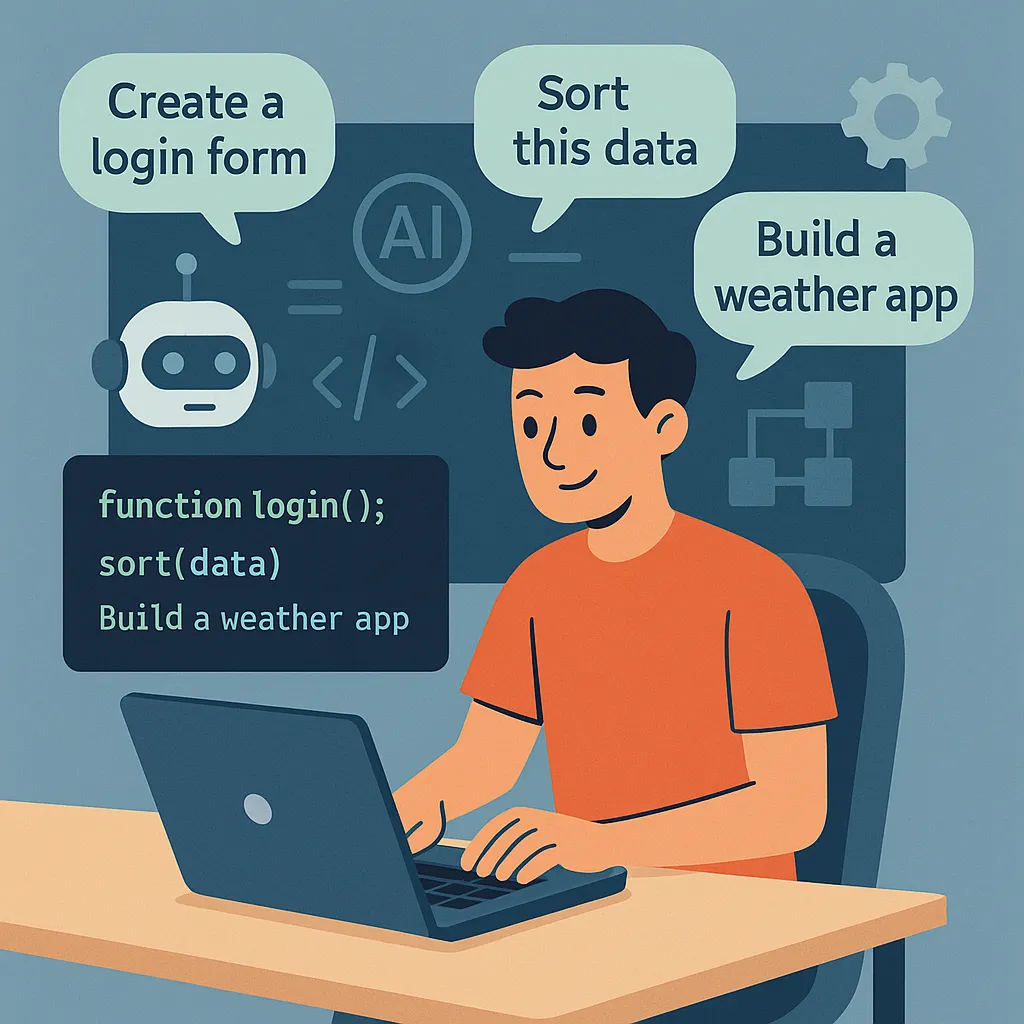
Natural Language To Code
Natural language to code tools are transforming software development by enabling users to build apps, websites, and workflows without needing advanced programming...
Blog
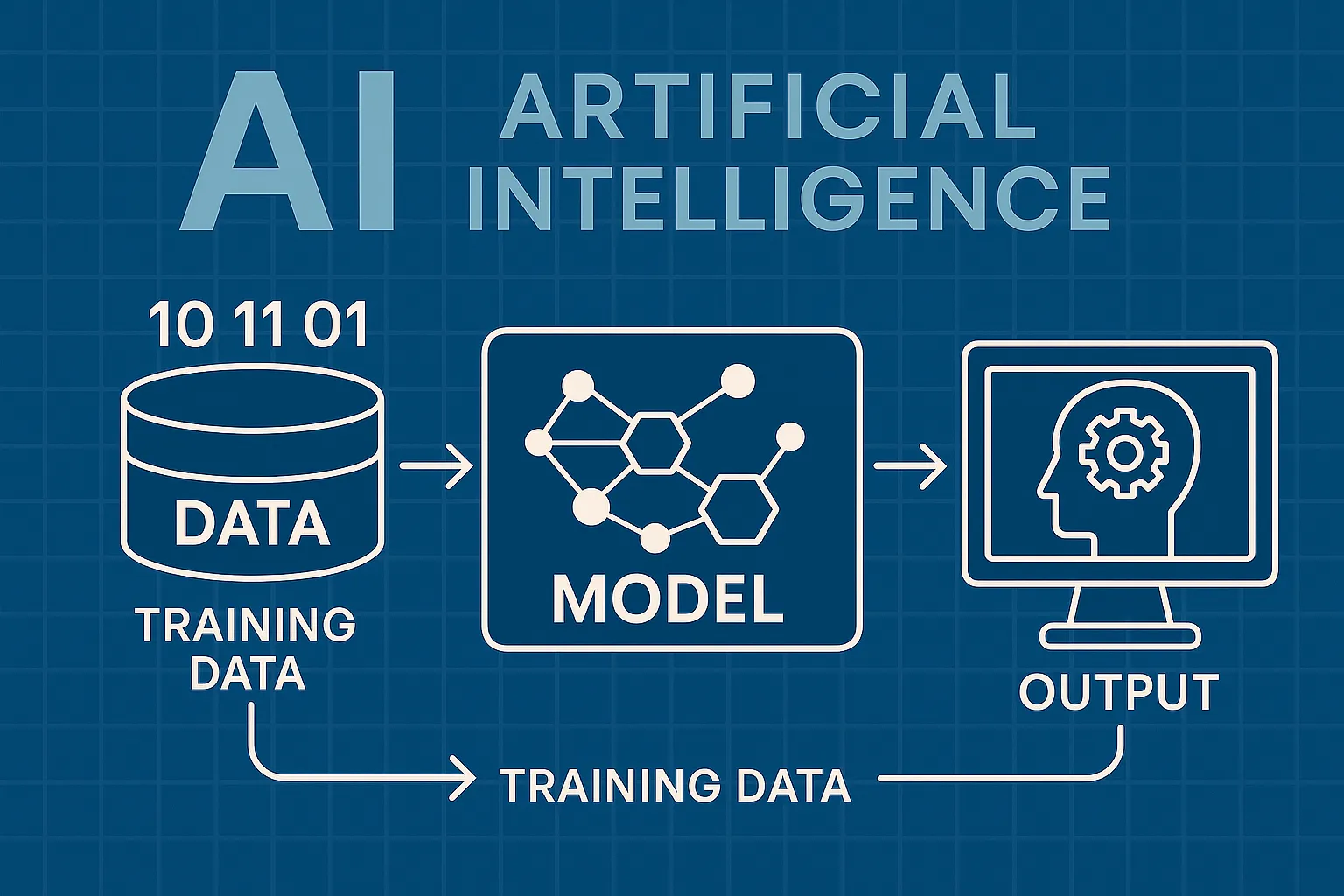
How AI Actually Works
Understand the basics of how AI systems learn, make decisions, and power tools like chatbots, image generators, and virtual assistants.

What Is Vibe Coding?
Discover the rise of vibe coding — an intuitive, aesthetic-first approach to building websites and digital experiences with help from AI tools.
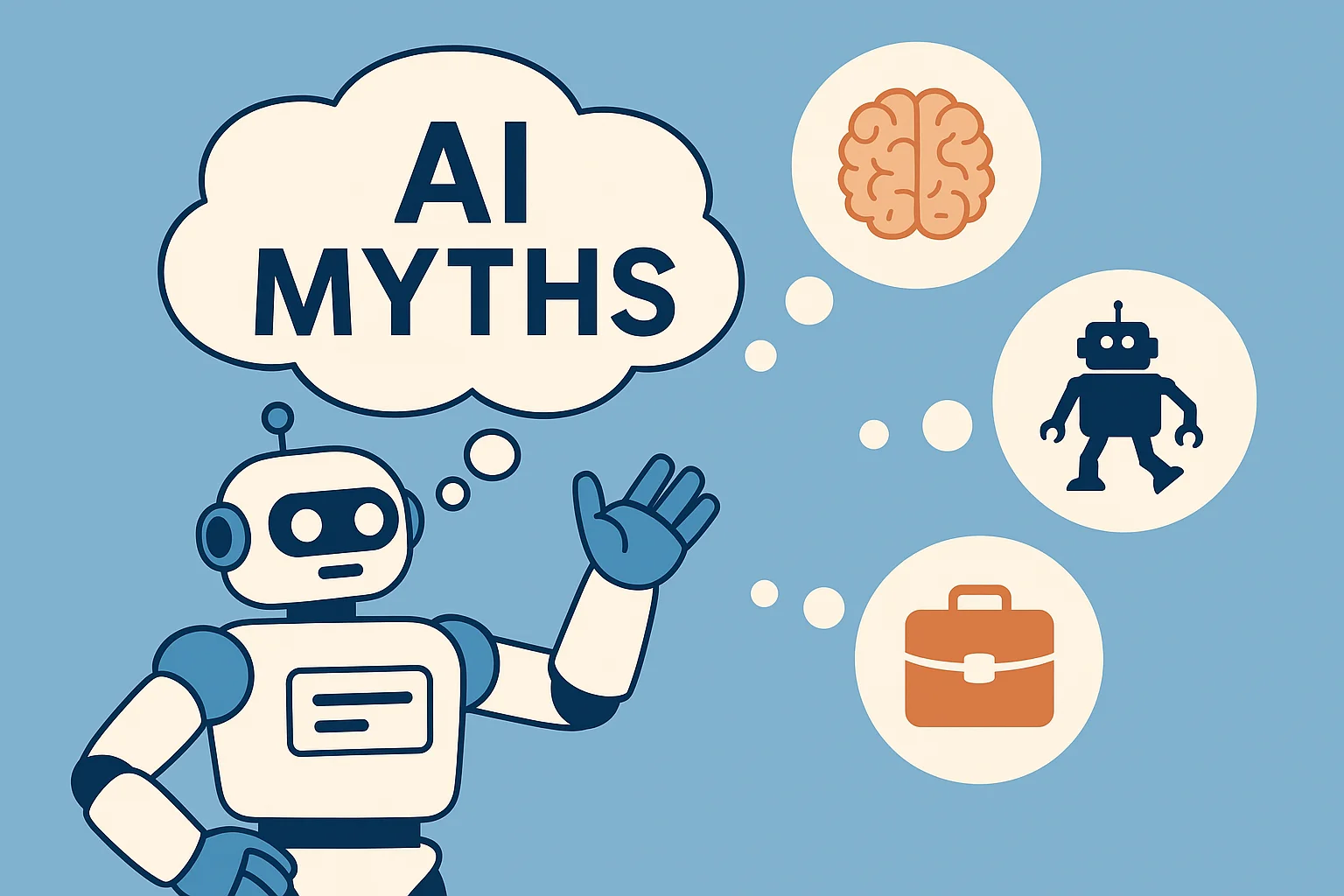
7 Common Myths About AI
Think AI is conscious, infallible, or coming for every job? This post debunks the most widespread misconceptions about artificial intelligence today.

The Future of AI
From generative agents to real-world robotics, discover how AI might reshape society, creativity, and communication in the years ahead.
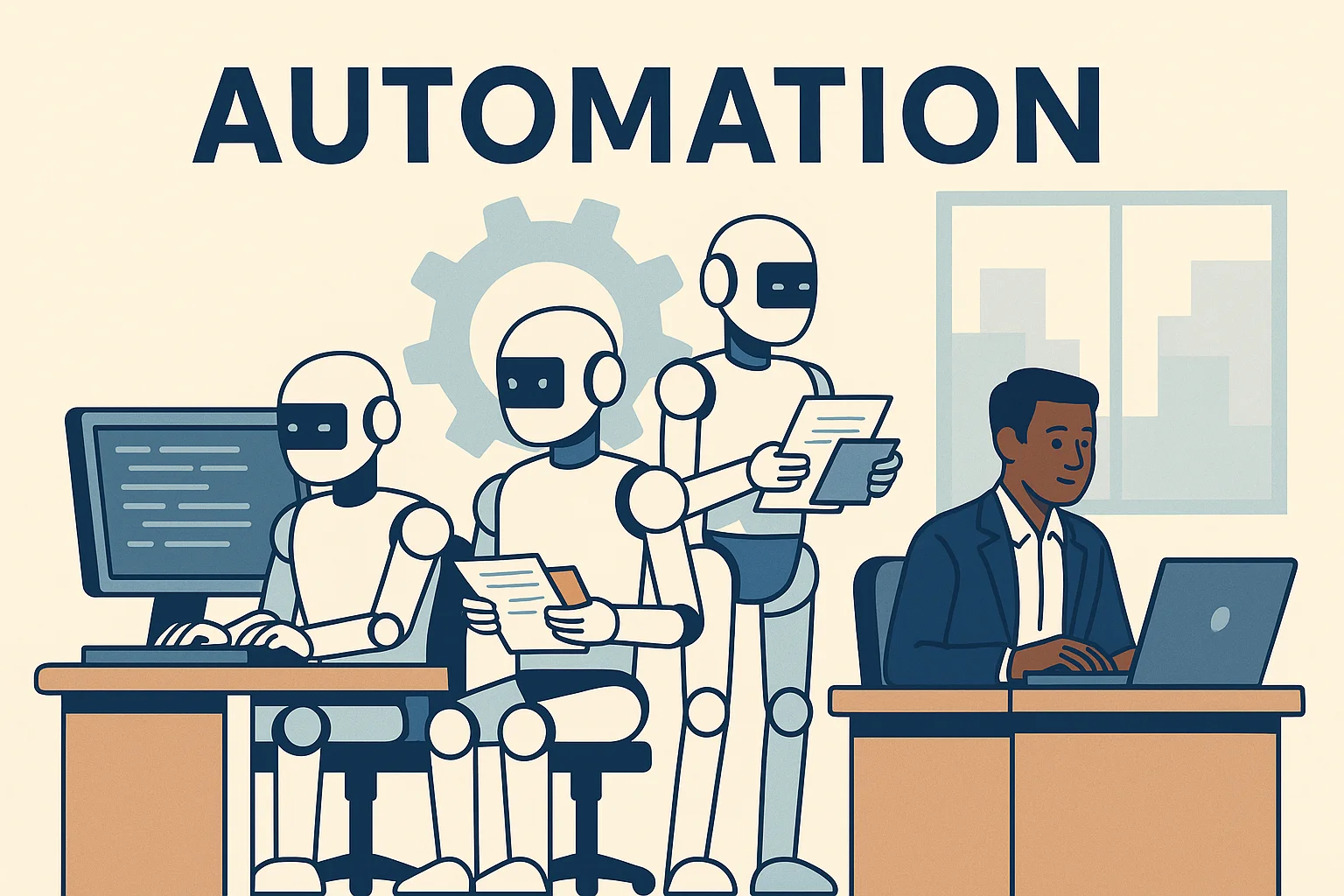
How AI Is Changing the Job Market
Will AI replace your job — or create new ones? Explore which careers are evolving, vanishing, or emerging in the AI-driven economy.

Common Issues with AI
Hallucinations, bias, privacy risks — learn about the most pressing problems in current AI systems and what causes them.